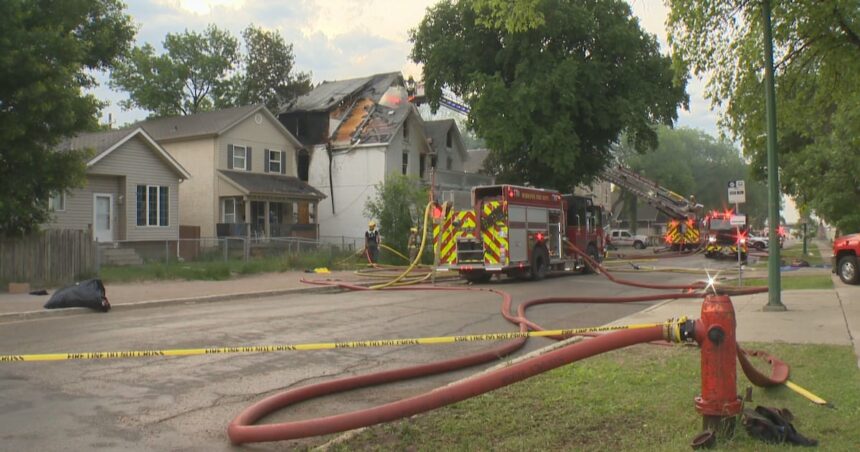In the shadow of escalating violence against those who serve on the frontlines of public safety, a groundswell of support is building across Canada to strengthen legal protections for first responders and healthcare workers. The troubling surge in assaults has prompted urgent calls from both professional organizations and lawmakers to amend the Criminal Code, establishing more robust deterrents against attacking those who dedicate their lives to saving others.
“We’re seeing unprecedented levels of aggression directed at paramedics, nurses, and firefighters,” explains Dr. Marcus Benevides, Chair of the Canadian Association of Emergency Physicians. “What was once considered rare has evolved into an almost daily occurrence in many urban centers, leaving our essential workers traumatized and healthcare systems strained.”
Recent statistics paint a disturbing picture, with Health Canada data revealing a 43% increase in reported physical assaults against healthcare workers over the past three years. Paramedics across major Canadian cities report that approximately one in four calls now involves some form of verbal or physical aggression.
The Manitoba Association of Healthcare Professionals has become particularly vocal following several high-profile attacks in Winnipeg. “When our members respond to emergency calls, they increasingly enter situations where they become targets rather than helpers,” says Association President Leanne Sanders. “The psychological toll is immense, and we’re seeing experienced professionals leave the field.”
Several provinces have already implemented localized measures to address the crisis. Alberta recently enhanced penalties for assaults occurring in emergency departments, while British Columbia has expanded security presence in high-risk healthcare settings. However, advocates argue that a federal approach through Criminal Code amendments would provide more consistent protection nationwide.
The proposed legislation, currently gaining traction in parliamentary circles, would create a specific offense for assaulting first responders and healthcare workers with mandatory minimum sentences. This mirrors approaches taken in several U.S. states and the United Kingdom, where similar legal frameworks have shown promising results in reducing incident rates.
“The current provisions simply don’t reflect the severity and consequences of these attacks,” says Federal MP Catherine Moreau, who is spearheading the legislative push. “When a paramedic is assaulted, it’s not just an attack on an individual—it’s an attack on our entire emergency response system and potentially endangers others waiting for care.”
Law enforcement officials have voiced support for the proposed changes, noting that clearer guidelines would assist prosecutors in pursuing appropriate charges. “Currently, these cases often result in lesser charges due to various mitigating factors claimed by defendants,” explains Winnipeg Police Superintendent James Taylor. “More specific legislation would help close these loopholes.”
Critics of the proposed amendments caution that addressing root causes—including mental health crises, substance abuse, and systemic healthcare deficiencies—should accompany any punitive measures. Mental health advocates point out that many assaults occur when individuals are in psychological distress or experiencing drug-induced psychosis.
“We need a comprehensive approach that includes both accountability and addressing underlying factors,” says Dr. Emily Kwon, Director of the Canadian Mental Health Policy Institute. “Simply increasing penalties without expanding mental health services could miss an opportunity for meaningful prevention.”
Healthcare worker unions have proposed additional measures beyond Criminal Code amendments, including mandatory reporting systems, enhanced de-escalation training, facility design improvements, and better staffing ratios to reduce volatile situations.
As federal officials weigh these complex considerations, the human cost continues to mount. Paramedic Jordan Nesbitt, who required surgery after being attacked while responding to an overdose call in Vancouver last month, represents the human face of these statistics.
“I became a paramedic to help people on their worst days,” Nesbitt told CO24 during his recovery. “Now I wonder if I can continue in this profession I love when the risk of harm has become so significant.”
As lawmakers debate the appropriate legislative response, a question lingers that affects every Canadian: In a society where those who rush toward danger to save others increasingly become targets themselves, what responsibility do we collectively bear to ensure their protection while they ensure ours?


















